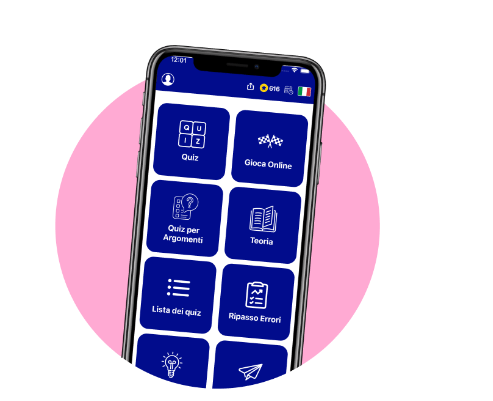How Many Calories Break a Fast?
Fasting has gained popularity as an effective method for weight loss and improved health. However, a common question arises: how many calories break a fast?
Understanding this can help you maximize the benefits of fasting. In this guide, we delve into expert opinions, discuss the impact of calories on ketosis, and provide practical tips for maintaining your fast.
How Many Calories Break a Fast?
Expert opinions and guidelines
The question of how many calories break a fast is nuanced. Technically, any caloric intake can break a fast because it triggers the digestive process.
If you ingested 10 calories worth of pure refined sugar, I think you’d agree that you’re breaking a fast. However, the source of these calories matters significantly.
For example, 10 calories from black coffee or green tea might not have the same impact due to the benefits of caffeine and antioxidants.
Carlo Macapinlac from NewbieFitnessAcademy emphasizes that while anything other than water technically breaks your fast, focusing on staying in ketosis is key for those aiming for weight loss.
“With your hormones in harmony, fasting helps accelerate your metabolic rate—which also allows you to maintain a healthy weight.”
said Cynthia Thurlow, NP, and Intermittent Fasting Expert
Therefore, it is best to keep calorie intake minimal and derived from non-disruptive sources like black coffee or tea.
How many calories break ketosis?
Ketosis is a metabolic state where your body uses fat for energy instead of carbohydrates. Maintaining ketosis is crucial for those using fasting to lose weight.
According to Macapinlac, even minimal caloric intake can affect ketosis, as anything where your digestive system has to process it technically breaks your fast.
However, drinks like black coffee and green tea, which contain minimal calories, can actually support ketosis by increasing ketone production. It’s essential to avoid foods and drinks that trigger an insulin response, as this shifts the body out of fat-burning mode.
Hence, while technically any calories break a fast, focusing on those that do not significantly impact ketosis can help you maintain the benefits of fasting.
What Can You Consume While Fasting?
Coffee and tea
Coffee and tea are popular choices during fasting. They contain minimal calories and offer additional benefits. Coffee keeps me in ketosis, notes Carlo Macapinlac, highlighting its ability to increase ketone production.
Green tea, rich in catechins, provides powerful antioxidants, enhancing fasting benefits.
Healthy fats
Healthy fats can be consumed in small amounts without significantly disrupting fasting benefits. While not explicitly covered in the transcripts, it’s understood that these fats can provide energy and support metabolic functions without spiking insulin levels, aiding in the maintenance of ketosis and overall fasting benefits.
Bone broth
Bone broth is another option, especially for extended fasts. Although it contains some calories, it’s rich in nutrients and electrolytes, which can help sustain you during longer fasting periods.
It’s a strategic choice for maintaining health and hydration while minimizing the impact on fasting benefits.
Electrolytes
Maintaining electrolyte balance is crucial during fasting to prevent dehydration and muscle cramps.
It is implied that maintaining proper hydration and electrolyte levels supports adherence and overall success in fasting.
Electrolyte supplements or drinks with no added sugars or calories can be beneficial.
What to Eat When Breaking a Fast
Foods to consume
When breaking a fast, opt for nutrient-dense foods that are gentle on the digestive system. Healthy options include lean proteins, vegetables, and fruits. These foods provide essential nutrients without overwhelming your body.
According to experts, you should not worry too much about this stuff if you are mindful of your food choices, focusing on nutritious, whole foods to maximize the benefits of your fast.
Foods to avoid
Avoid high-sugar, high-fat, and heavily processed foods when breaking a fast. Foods like pastries, sugary snacks, and fried items can cause digestive distress and spike insulin levels, counteracting the benefits of fasting.
Carlo Macapinlac warns that even small amounts of such foods can quickly end the fasting state and trigger fat storage instead of fat burning.
Conclusion
Fasting offers numerous health benefits, but understanding how to manage caloric intake and what to consume is crucial. Technically, any calories break a fast, but focusing on minimal, non-disruptive sources like coffee and tea can help maintain ketosis.
When breaking a fast, choose nutrient-dense, gentle foods to ease your body back into regular eating patterns.
In summary, keep caloric intake minimal during fasting, and focus on drinks like coffee and tea that support ketosis. When breaking your fast, opt for lean proteins, vegetables, and fruits while avoiding high-sugar and high-fat foods.
By following these guidelines, you can maximize the benefits of fasting and achieve your health and weight loss goals.



